The Lebanese central bank has the foreign-currency reserves it needs to keep the pound stable against the US dollar at its pegged rate for the foreseeable future, the central bank governor said on Tuesday. Riad Salameh also told Reuters in an interview that since June the central bank has been engaged in three financial operations intended to maintain high levels of dollar assets and to help banks run their credit portfolios in a less risky way.
"The reserves of the central bank are now at $44.3 billion, so it is a record high," Salameh said at the headquarters of the central bank in Beirut. "These operations have contributed in increasing the dollar assets of the central bank." Salameh declined to say by how much dollar assets had increased as a result of the three operations, but he said Lebanon's foreign currency reserves stood at $40 billion at the start of the year.
"I can affirm that the Lebanese pound is stable - the policy to keep it stable is not about to change - and that we have the means to keep this currency stable against the value of the US dollar for the foreseeable future," Salameh said. Lebanese government officials had recently suggested the pound, which has been pegged at around 1,500 to the dollar for 20 years, could come under pressure unless the state levied new taxes to pay for a public-sector pay rise. The controversial taxes were approved by parliament this month.
Lebanon's foreign currency reserves fell last year to around $35 billion, strained by a slowdown in deposits, a negative balance of payments and political paralysis, which weighed on investor confidence. To increase reserves, maintain the US dollar peg and raise banks' capital reserves, the central bank last year undertook what the International Monetary Fund termed "unconventional" financial engineering, raising dollar reserves to a then-record high of $41 billion.
The problems that prompted last year's engineering have eased, Salameh said. Deposits are growing 6 to 7 percent and Lebanon's balance of payments is now in equilibrium. Salameh said the three financial operations currently underway to maintain dollar levels were "completely different" to last year's financial engineering.
First, he said, Lebanese pounds are being swapped from short- to medium-term tenure, "enhanced by a differential of 1 percent over the yield curve on the Lebanese pound". Second, he said, there are "medium- to long-term dollar deposit opportunities for the banks, with a half percent over the yield curve".
The third operation is against long-term US dollar deposits, where a bank "can obtain a credit line in Lebanese pounds at 2 percent to be invested in Lebanese instruments". Lebanon's economy has been battered by six years of war in neighbouring Syria and by political divisions, which have slowed growth to just over 1 percent a year from an average of 8 percent before the conflict. Lebanon has one of the world's highest ratios of debt to gross domestic product, around 140 percent.
Salameh said the central bank estimates a "modest" growth rate of 2.5 percent for 2017. He said real estate prices had dropped "by maybe 10 percent" compared with last year, according to central bank statistics. "I don't think prices can go up for the time being in the real estate market," he said.
However, a good tourism season had led to increased consumption, and imports had increased, he said. Some of Lebanon's political problems have abated since last year: a political deal ended a two-and-a-half-year presidential vacuum and installed a new government under Prime Minister Saad al-Hariri. The government recently approved its first budget in 12 years.
Salameh said the approval of the 2017 budget this month was a good start, indicating that "a new discipline is in place". He said markets were now waiting to see if the 2018 budget contained measures to bring the deficit down. Directed by Salameh since 1993, the central bank has often been described as one of the few pillars of stability in Lebanon. But it has recently faced unusually fierce criticism.
Last month, the central bank published a detailed, five-page rebuttal of criticism levelled against it by a research paper that warned Lebanon faced "financial crisis conditions that may turn into full-fledged crisis" affecting the exchange rate. Last week, a Lebanese MP called in parliament for publication of detailed central bank accounts. The finance minister responded that these were sent annually to his ministry.
"We have seen a build-up in campaigns against the monetary stability that started more than a year ago," Salameh said. "We don't know the objectives of these campaigns, but if we look at the figures we can see that the confidence was not affected: deposits are growing, the balance of payments is improving compared to where we were in 2015. Interest rates did not go up." In the absence of effective government decision-making, the central bank has for many years quietly steered policy in Lebanon, using stimulus packages and financial engineering to maintain monetary stability and keep growth ticking over. The central bank would continue to play that role, he said.
BR100
15,235
Increased By
150.4 (1%)
BR30
44,824
Increased By
812 (1.85%)
KSE100
149,971
Increased By
1353.3 (0.91%)
KSE30
45,655
Increased By
407.2 (0.9%)


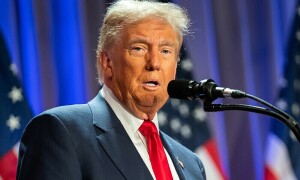


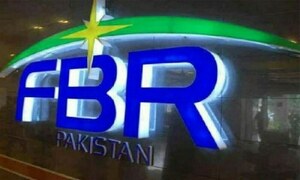
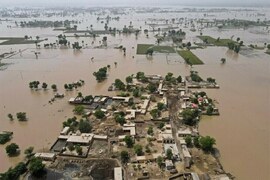






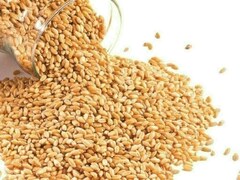
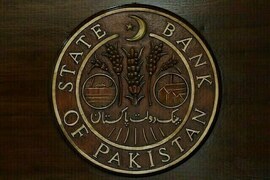
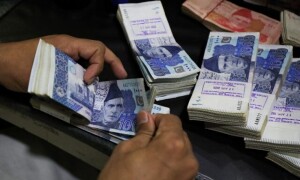



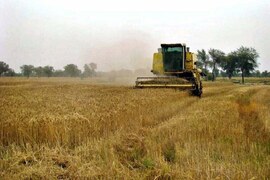


Comments
Comments are closed.